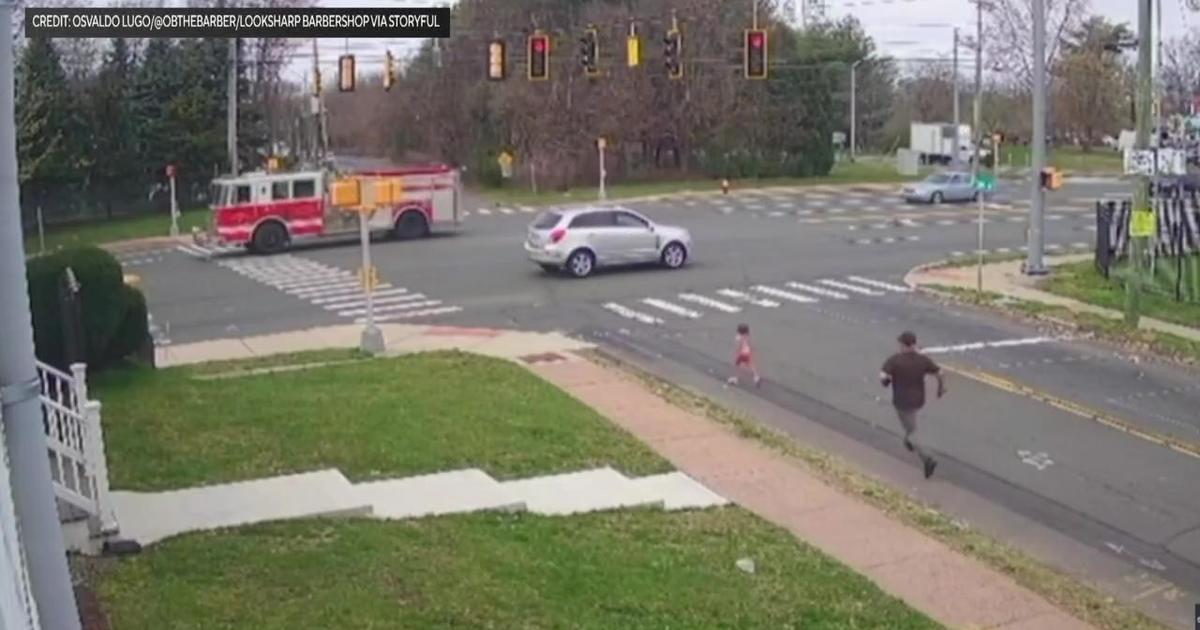Should You Be a Squeaky Wheel Parent?
Research backs up what involved parents already know. The more invested you are in your child's classroom, the higher their chances for educational success. As with all good things, however, too much can simply be too much. There's a fine line between being a proactive, squeaky-wheel parent and an over-bearing, difficult one. If you want to get more involved in your child's school but aren't quite sure what the balance should be, these simple do's and don'ts can make all the difference.
Do – Set aside time to attend every parent-teacher conference. These one-on-one meetings will help keep you apprised of your child's progress and create a solid foundation of communication between yourself and your child's teacher. Most parent-teacher school nights allow for the opportunity to meet with the principal, guidance counselor and gym teacher as well as other individuals involved in extra-curricular activities at the school. Try to connect with everyone who regularly comes into contact with your child, such as the librarian, teacher assistants and nurse, particularly if your child has been doing a lot of infirmary time. Use your time at these meetings effectively by coming prepared to discuss specific issues or concerns, as well as by asking about ways you can help. Show your seriousness by taking notes and following up.
Don't –Some school events, such as Curriculum Night, are geared towards parents as a whole group. Don't use these types of meetings to ask specific questions pertaining solely to your child. Monopolizing the teacher's time and hijacking the agenda is not only inappropriate in this setting, it is also disrespectful. If you have an issue that can't wait, ask the teacher when you can schedule a one-on-one meeting, either in person, via telephone or Skype.
Do – Becoming active in the PTA is a good way to solidify your presence as a go-to leader in the school community. Regularly attending meetings keeps you informed about issues affecting the school and your child. Paying dues is another way you can powerfully support your child's classroom, particularly if your PTA is given voice about how monies are distributed. If your school does not already have PTA programs in place for parent volunteerism, such as the Three for Me program, spearheading the initiative and enrolling others to get involved can increase the school's educational effectiveness, overall rating and your own personal bragging rights.
Don't – You may be a formidable, dues-paying presence at the PTA, but when it comes to communicating with your child's teacher, you will be better served if you do more listening than talking. Rather than making demands or assumptions, ask what you can do to help, such as organizing recitals, donating plants for the windowsill, fundraising for supplies or volunteering at a book drive.
Do – Communicate your special skills to the teacher and ask if they can benefit the classroom. For example, if you are bi-lingual, you may have the opportunity to support other parents who do not speak English fluently by volunteering as a translator at parent-teacher conferences. You may also offer to present a cooking or art demonstration, or give a talk to the class about your career.
Don't – If the teacher doesn't take you up on your offer, don't take it personally. Keep in mind that the curriculum may simply not have built-in flexibility. If your skills are not pertinent to what is needed, ask for other ways you can help.
Do – If you have time to devote to becoming a class parent, stepping up to take on this role can greatly support your child's teacher as well as the other parents. Being class parent gives you the opportunity to spearhead events and enroll others in acknowledging the teacher by organizing gift drives. You will also have the opportunity to get to know your child's teacher on a different level, as well as acquire a greater understanding of the day-to-day workings of the classroom and the school politic.
Don't – Being class parent is a large time commitment, requiring energy and creativity as well as tact. Not every parent whose child is in the class will be able to step up to the plate at that same high level and some will not be able to donate as much money as they would like to. It is important to enroll other parents to get as involved as possible, but be careful not to embarrass or offend those who have to take a back seat.
Corey Whelan is a freelance writer in New York. Her work can be found at Examiner.com.



